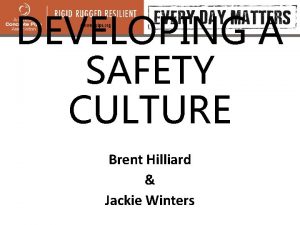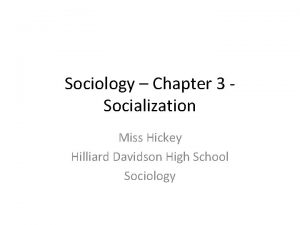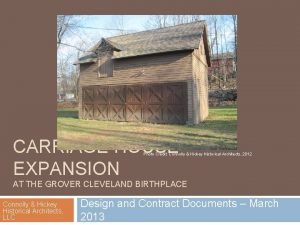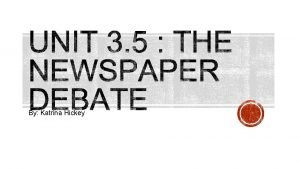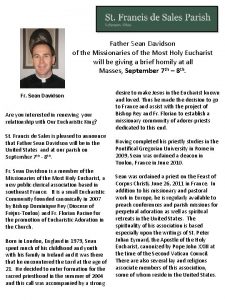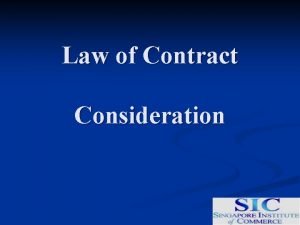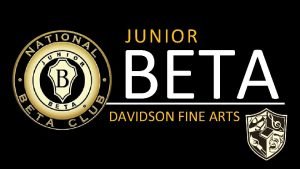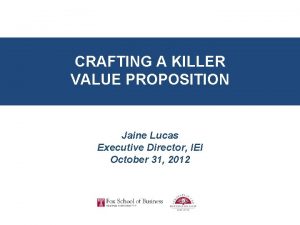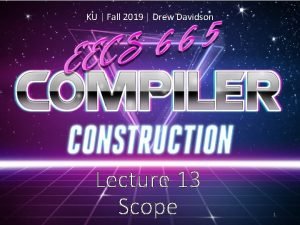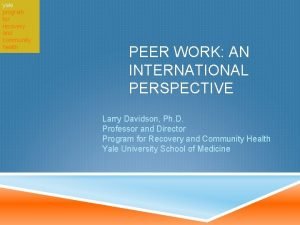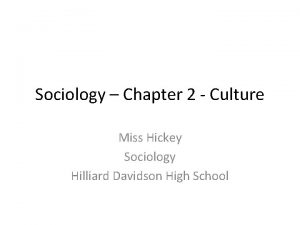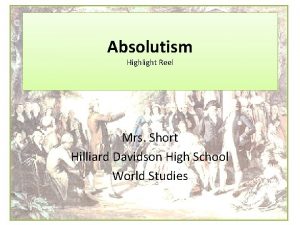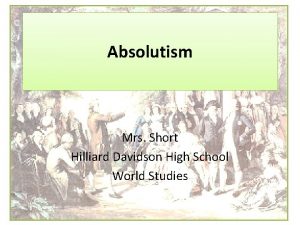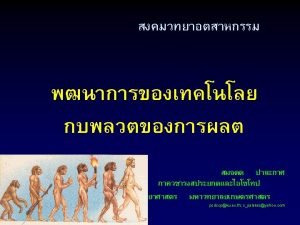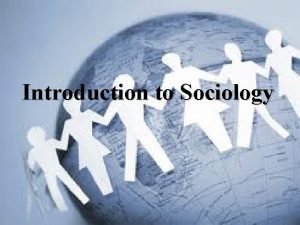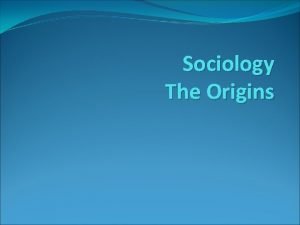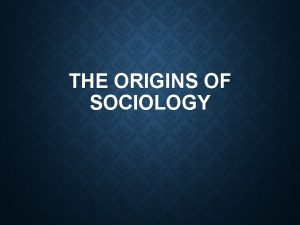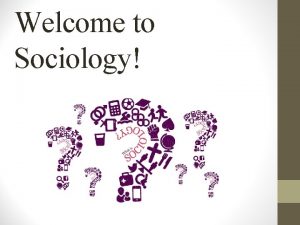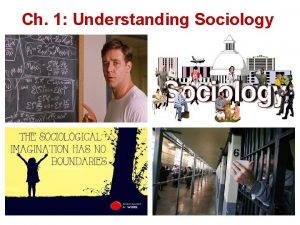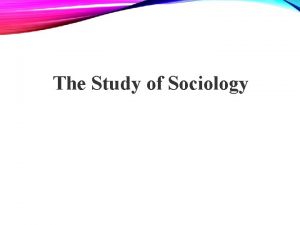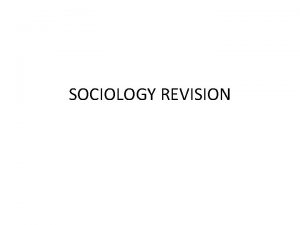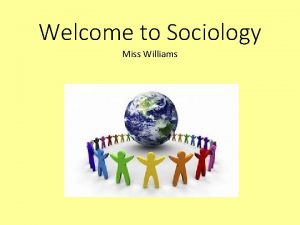Sociology Chapter 1 Miss Hickey Hilliard Davidson High




































- Slides: 36

Sociology – Chapter 1 Miss Hickey Hilliard Davidson High School

The Sociological Perspective – Seeing the broader social context • Sociological perspective – Understanding behavior with broad social context • Social locations – Membership due to history and society • Society – People who share culture / territory – The Growing Global Context • The world is becoming a global village

Sociological Imagination Sociological imagination is the ability to see the connection between the larger world and your personal life.

Sociology and the Other Sciences • Science – application of systematic methods to gain knowledge • Sociology – scientific study of society and behavior

… more social science anthropology the comparative study of past and present cultures psychology the study of human behavior and thinking economics the study of people’s choices to satisfy their needs. Also goods and services. Political science the study of the organization and operation of governments

Who would study this?

Which social science would be most interested in these photos? Why?

Which social science would be most interested in studying these people? Why?

Which social science would be most interested in these people? Why?

How does you sociological perspective affect the way you view these photos?

History of Sociology • Study the following pictures. Why did sociology develop during these time periods?

Origins of Sociology • social upheaval – People forced to rethink social life • tradition vs. science • Success of natural sciences – Failed by tradition people turn to scientific method

Auguste Comte and Positivism • French, Founder of Sociology – Coined the term “Sociology” (scientific study of society and human behavior) – Tried to find solutions to the chaos of the French Revolution – Influenced by the Scientific Method • functionalist perspective • positivism – application of the scientific approach to the social world (1798 -1857)

Karl Marx and Class Conflict • German, middle class family • Class conflict – term for the struggle between capitalists and works (Believed that all business owners controlled society) – Bourgeoisie – term for the capitalists – Proletariat – term for exploited class – Marxism developed into communism • Sociologists should fix society • conflict perspective (1818 -1883)

(1820 -1903) Herbert Spencer and Social Darwinism • English • Believed that social change and unrest were natural – Societies evolve from lower (“barbarian”) to higher (“civilized”) forms – Supported Social Darwinism • “The fittest societies would survive over time” • The “fittest” members survive and the less capable die. • Functionalist Perspective

Emilie Durkheim and Social Integration • French Philosopher • Recognition of sociology – Studied observable aspects of society – Applied methods of science to study society • social forces impact behavior • functionalist perspective • social integration – degree to which people feel a part of a social group • social facts – group’s patterns of behavior (1858 -1917)

Max Weber and the Protestant Work Ethic • German, Middle Class • Studied groups in German society rather than society as a whole • Sociologists should uncover the feelings and thoughts of individuals – value free (values should not affect research) – replication of research – Verstehen- A sociologist places himself in the place of others and attempts to see things through their eyes. • • interactionist perspective self denial Spirit of Capitalism pay attention to subjective meanings (1864 -1920)

Before a SHORT Time to Ponder values - the standards by which people define what is desirable or undesirable, good or bad, beautiful or ugly objectivity – total neutrality subjective meanings - the meanings that people give their own behavior

A SHORT Time to Ponder • What types of things do you think should be value free? • What role should values play in society? • Some argue that social scientist, unlike politicians and religious leaders, should merely attempt to describe and explain the events of the world, but should never make value judgments based on those observations. Do you agree or disagree?

Sexism in Sociology • 1800 s – sex roles were very rigid and defined • Harriet Martineau • Society in America (1837) explained American culture

A SHORT Time to Ponder • What prompted the creation of sociology?

Sociology in North America Early History • University of Kansas (1890) • University of Chicago (1892) – developed the symbolic interactionist perspective – dominated sociology • Atlanta University (1897) – all black • Many women denied faculty appointments – Little distinction between sociology and social work – social activism

Jane Addams and Social Reform • came from wealth and privilege • co-founded Hull House – aged, immigrants, sick and poor • strived to bridge gap between powerful and powerless • worked with others to win the eight-hour work day and pass laws against child labor • co-won the Nobel Prize for work in social reform – only sociologist to win

W. E. B. Du Bois and Race Relations • Became the first African American to earn a doctorate at Harvard • Taught Greek and Latin and Wilber-Force University and then hired by Atlanta University (most of career) • poor (couldn’t attend meeting of the American Sociological Society) – When he could attend, subsequent meetings, hotels and restaurants would not allow him to eat or room wit the white sociologist – US would not issue passport • Feared he would criticize United States • Says more successful African Americas are breaking ties with other African Americans to be accepted by whites • Weakened and deprived African American Community • Founded National Association for the Advancement of Colored People (NAACP) • Was neglected; sociology rediscovered and receiving respect

Talcott Parsons and C. Wright Mills: Theory vs. Reform • social reform social theory • Parsons abstract models of society – Influenced a generation of sociolgists • Mills urged return to reform – Saw coalescing of interest on the power elite (top leaders of business, politics and military) as a threat to freedom

Continuing Tension and Rise of Applied Sociology • applied sociology – use of sociology to solve problems from the micro level of family relationships to the macro level of crime and pollution – EXAMPLE: founding the NAACP – middle ground between observation and social reform

Sociological Perspectives • Theories- An explanation of relationships between elements in society. • Theoretical Perspectives- A general set of assumptions and ideas about social life. • Three Sociological Perspectives: Functionalist, Conflict, and Interactionist

Interactionist Perspective (MICRO) Important People: Max Weber, Charles Hooley, William Thomas, George Mead • Focus on how Individuals interact with one another in society. – Individuals evaluate their own conduct by comparing themselves with others – Society is composed of symbols and shared perceptions that people use to establish meaning and develop views of the world. • Symbols – things to which we attach meaning – Used to define relationships (Examples: brother, sister, etc. )

Symbols • Without symbols, our social life would be no more sophisticated than that of animals • Symbols allow relationships to exit – Without them, we could not coordinate our actions with others • Applying Symbolic Interactionism: Divorce Rates (p. 23 -25)

Functionalist Perspective (MACRO) Used by: Comte, Spencer, and Durkheim • functional analysis – a theoretical framework in which society is viewed as composed of various parts, each with a function that, when fulfilled, contributes to society’s equilibrium • Society is a set of interrelated parts that work together to produce a stable society. (A harmonious whole) • Functions are positive consequences on Society – Manifest Functions- Intended Consequences (Cars provide fast transportation) – Latent Functions- Unintended Consequences (Cars provide people with social standing) • Not everything in society runs smoothly, and these elements are referred to as Dysfunctions. – Example:

Applying Functionalist Perspective: Divorce • Read: p.

Spencer’s Organism Analogy A good way to understand functionalism is to explain society like an organism. Brain. Heart. Blood. Veins. Red Blood Cells. White Blood Cells- What do each of these body parts represent in society?

Conflict Perspective (MACRO) Used By: Karl Marx • conflict theory – a theoretical framework in which society is viewed as composed of groups competing for scarce resources – Focus on forces in society that promote competition and change – study how those with more power exercise control over those with less power – Competition over scarce resources is the basis for social conflict • Karl Marx – concluded the key to human history is class struggle

Conflict Theory, cont. • authority – power that people consider legitimate, as rightly exercised over them – Authority is a part of everything, whether it is a small group, organization or society • Keeps people from being confused and keeps them in order • Feminist – Since the beginning of time, women fight for equal rights • Application: divorce increases when women are able to be self-sufficient (women = more likely to be dissatisfied in marriage)

A SHORT Time to Ponder • “Due to the downturn of the economy, the conflict theory has been strengthened. ” – Do you agree or disagree with this statement? Support your answer!

Levels of Analysis • macro level: examine large-scale patterns of society – conflict perspective – functionalist perspective • micro level: examination of small-scale patterns of society – social interaction: what people do when that are in one another’s presence – nonverbal interaction: gestures, space, silence
 Brent hilliard
Brent hilliard Asa g hilliard elementary school
Asa g hilliard elementary school Hickey color stages
Hickey color stages Max hickey
Max hickey Connolly & hickey historical architects
Connolly & hickey historical architects Katrina hickey
Katrina hickey Tim hickey brandeis
Tim hickey brandeis Rosina amharic
Rosina amharic Transverse wave ex
Transverse wave ex Harley davidson market share
Harley davidson market share Baibae harley davidson
Baibae harley davidson Missionaries of the most holy eucharist
Missionaries of the most holy eucharist Dnet davidson
Dnet davidson Caitlin d. davidson
Caitlin d. davidson Arthur davidson law
Arthur davidson law Lush j in currie v. misa
Lush j in currie v. misa Wendi davidson dvm
Wendi davidson dvm Pi davidson
Pi davidson Davidson police department
Davidson police department Mayer harley davidson
Mayer harley davidson Raquel duarte-davidson
Raquel duarte-davidson Beta club shirt ideas
Beta club shirt ideas Harley davidson value proposition
Harley davidson value proposition Eog
Eog Cuny degreeworks
Cuny degreeworks Richard davidson md
Richard davidson md Thrombus embolus
Thrombus embolus Harley davidson saskatchewan
Harley davidson saskatchewan Davidson county mental health court
Davidson county mental health court Dr christine davidson
Dr christine davidson Drew davidson ku
Drew davidson ku Richard davidson andrews university
Richard davidson andrews university Drew davidson ku
Drew davidson ku Yale program for recovery and community health
Yale program for recovery and community health Davidson county drug court
Davidson county drug court Nc farm school
Nc farm school Susan davidson upenn
Susan davidson upenn
